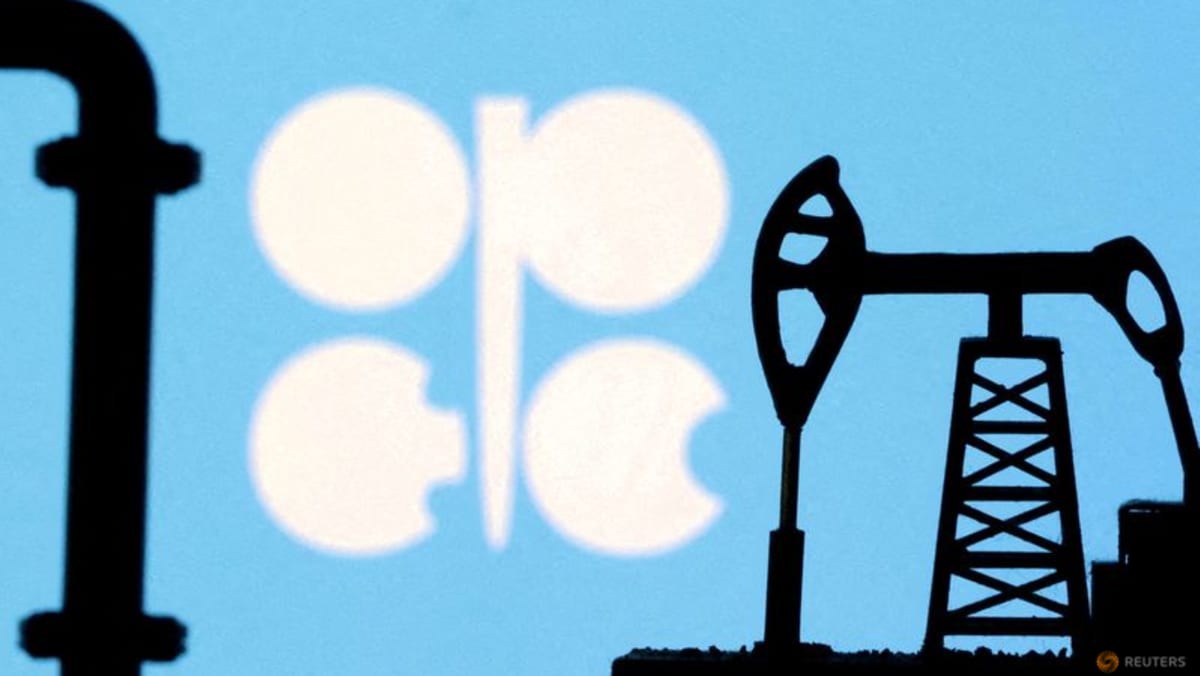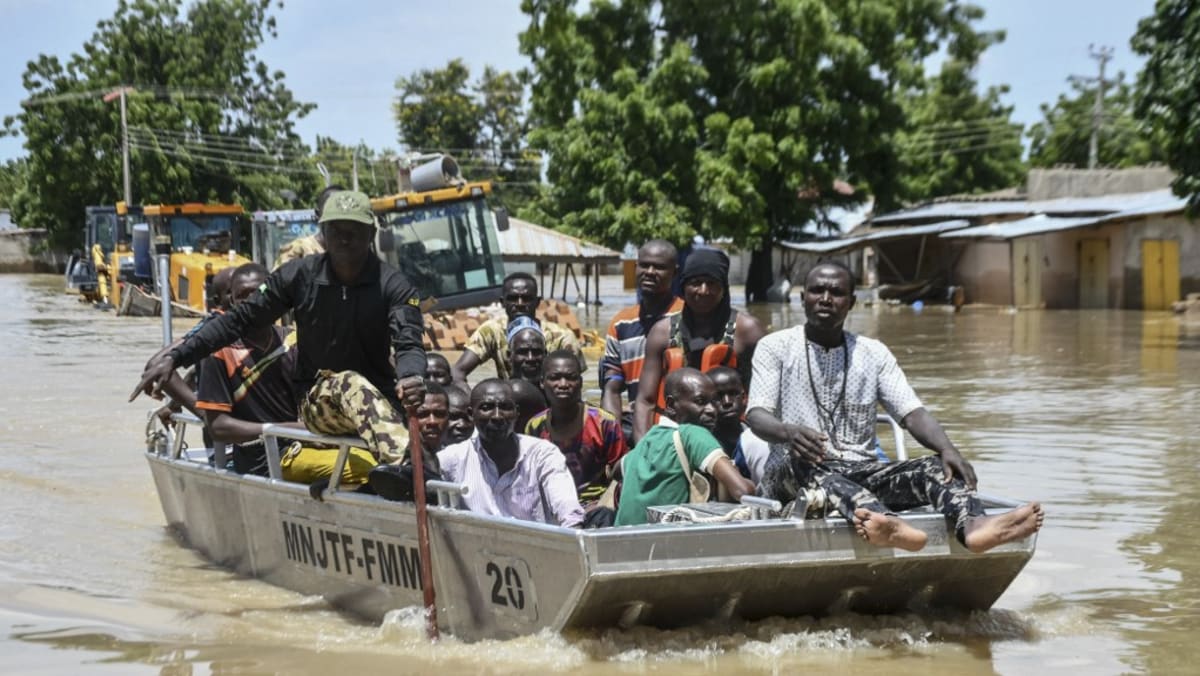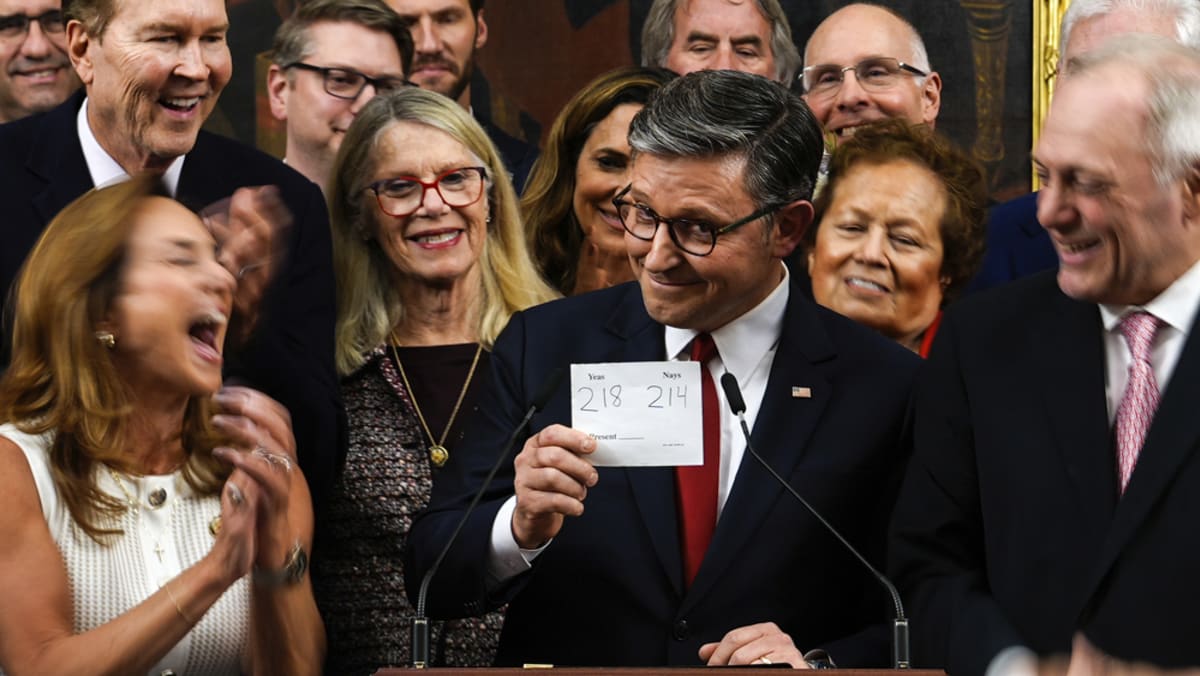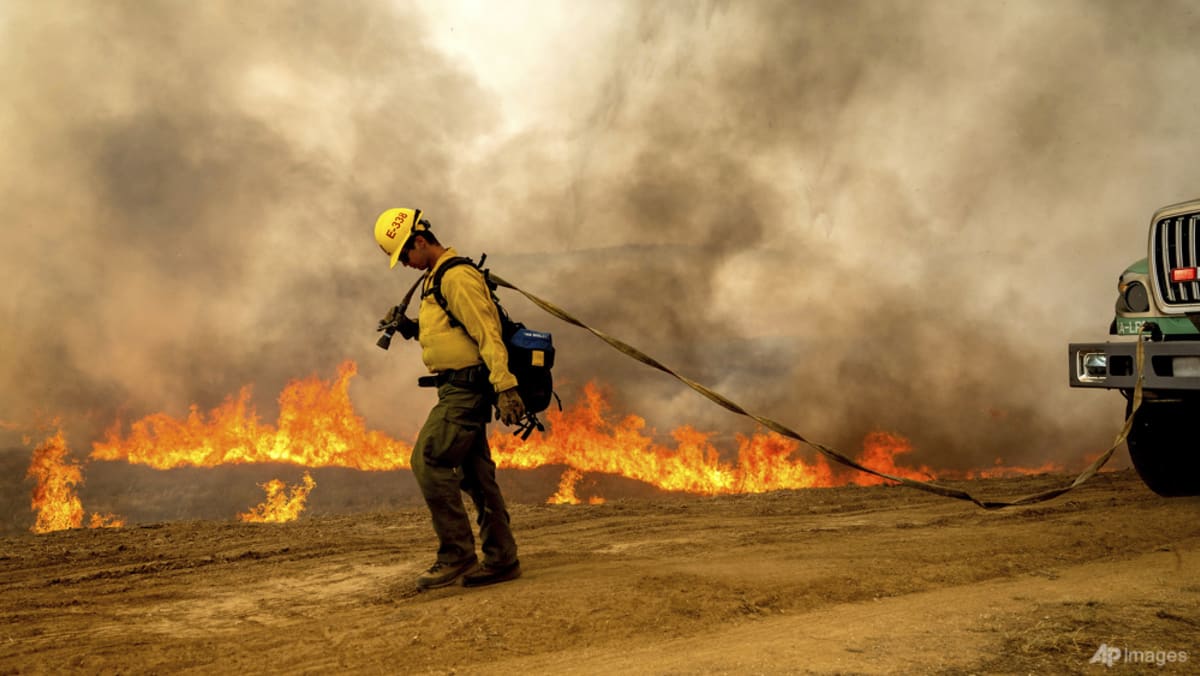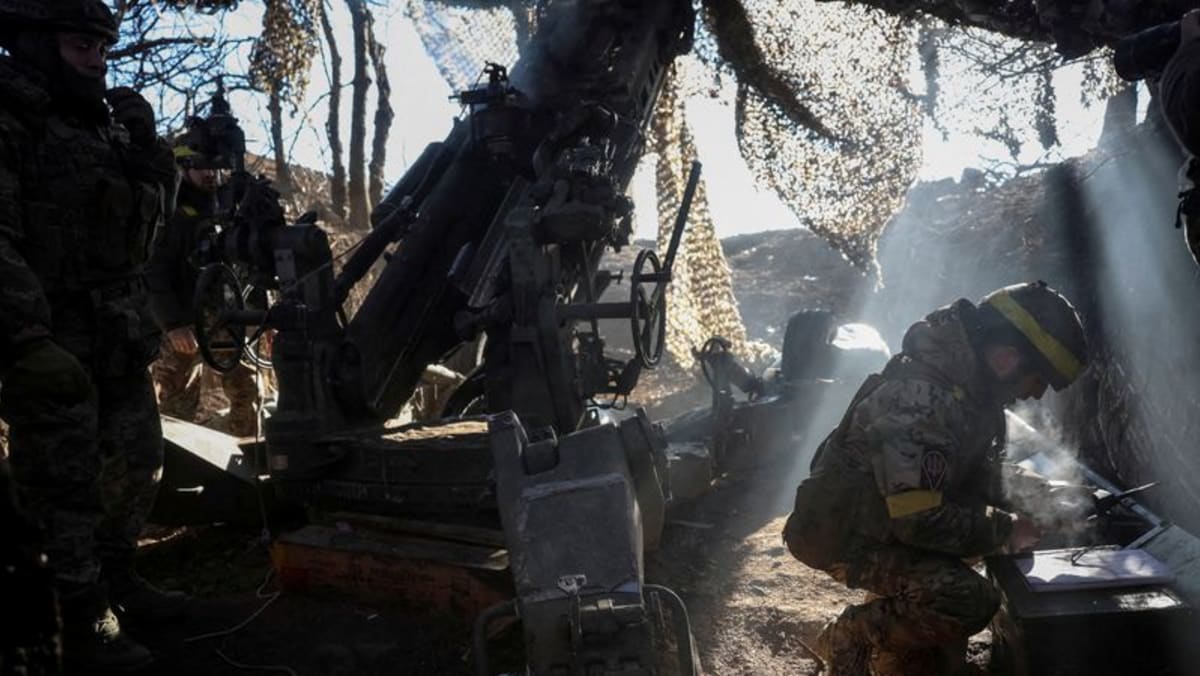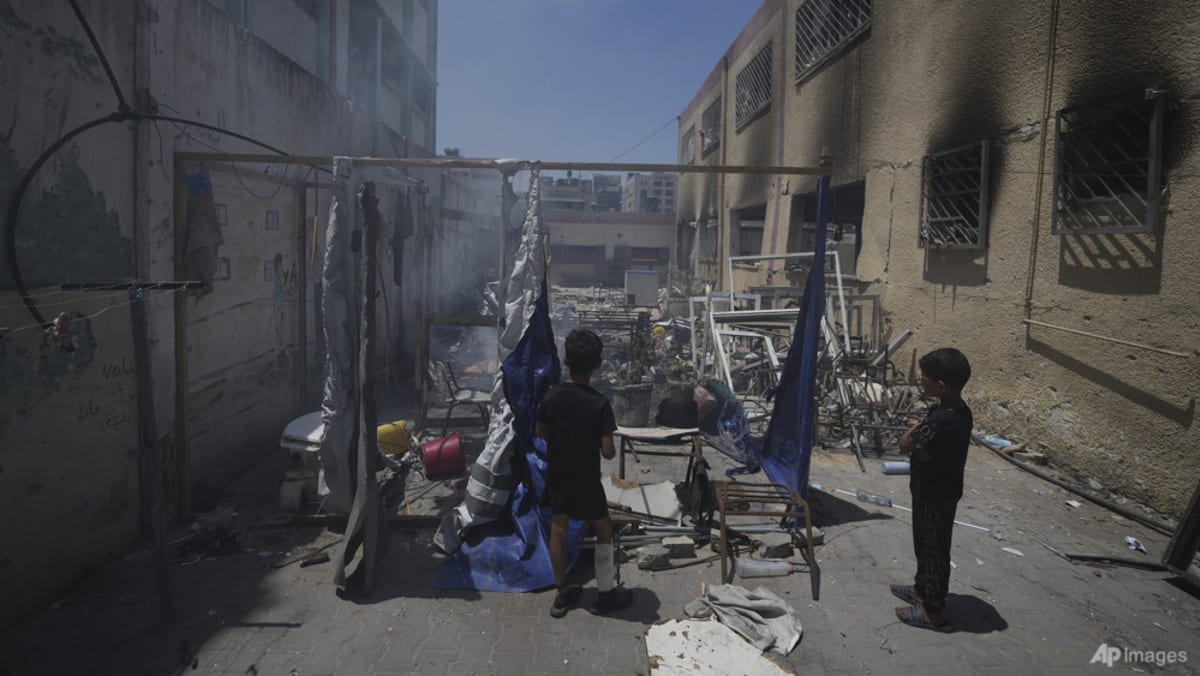PARIS: From responding to weather disasters to rising competition in the fast-warming Arctic, militaries are exposed to climate change and cannot let it become a strategic “blind spot”, security experts say.
Concerns have grown recently that climate action is being sidelined as Europe beefs up defence and the US retreats from allies and its green commitments.
But defence departments have already underscored that a warming planet poses major national security challenges, and militaries need to adapt to respond to these evolving threats.
“You can’t escape this. Climate doesn’t care who’s president or what your political goals are at the moment,” said Erin Sikorsky, director of the Washington-based Center for Climate & Security.
“It is coming, and militaries need to be prepared,” she said.
In the US, where President Donald Trump’s administration has scrubbed global warming from government websites, the latest intelligence threat assessment made no mention of climate change.
Sikorsky said this leaves crucial strategic gaps, particularly when it comes to renewable energy superpower China and the race for supremacy in the Arctic, where the loss of sea ice is opening up shipping lanes and access to resources.
“What I worry about, as someone who worked in national security for a long time, is this blind spot puts the US at risk,” she said.
In Europe, Russia’s invasion of Ukraine sparked energy security fears and accelerated many countries’ renewables ambitions.
But in recent months countries have slashed international development aid, throwing climate budgets into question as spending priorities turn to defence and trade.
German Foreign Minister Annalena Baerbock last month acknowledged the “extremely challenging” geopolitical situation but insisted that climate action remained a “top security policy”.
The country plans a half trillion dollar spending “bazooka” for military and infrastructure, coupled with €100 for climate measures.

